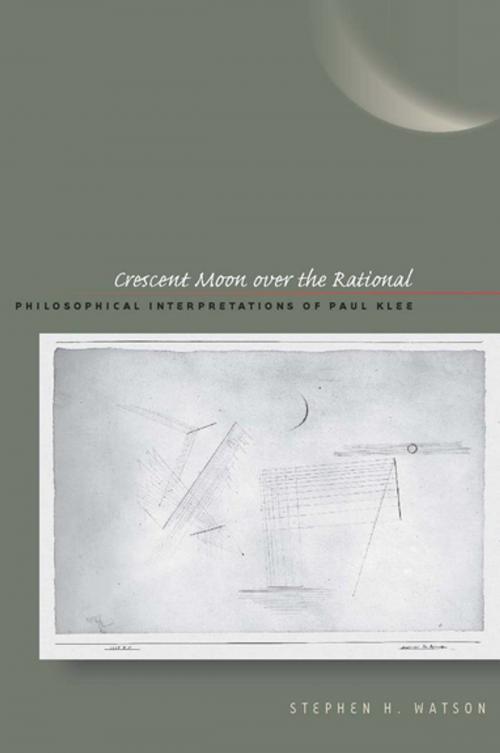Crescent Moon over the Rational
Philosophical Interpretations of Paul Klee
Nonfiction, Religion & Spirituality, Philosophy, Aesthetics, Art & Architecture, General Art, Individual Artist, Artists, Architects & Photographers| Author: | Stephen H. Watson | ISBN: | 9780804772990 |
| Publisher: | Stanford University Press | Publication: | September 23, 2009 |
| Imprint: | Stanford University Press | Language: | English |
| Author: | Stephen H. Watson |
| ISBN: | 9780804772990 |
| Publisher: | Stanford University Press |
| Publication: | September 23, 2009 |
| Imprint: | Stanford University Press |
| Language: | English |
Why, and in what manner, did artist Paul Klee have such a significant impact on twentieth-century thinkers? His art and his writing inspired leading philosophers to produce key texts in twentieth-century aesthetics, texts that influenced subsequent art history and criticism.
Heidegger, Adorno, Benjamin, Merleau-Ponty, Lyotard, Sartre, Foucault, Blanchot, Derrida, and Marion are among the philosophers who have engaged with Klee's art and writings. Their views are often thought to be distant from each other, but Watson puts them in conversation. His point is not to vindicate any final interpretation of Klee but to allow his interpreters' different accounts to interact, to shed light on their and on Klee's work, and, in turn, to delineate both a history and a theoretical problematic in their midst. Crescent Moon over the Rational reveals an evolving theoretical constellation of interpretations and their questions (theoretical, artistic, and political) that address and continually renew Klee's rich legacies.
Why, and in what manner, did artist Paul Klee have such a significant impact on twentieth-century thinkers? His art and his writing inspired leading philosophers to produce key texts in twentieth-century aesthetics, texts that influenced subsequent art history and criticism.
Heidegger, Adorno, Benjamin, Merleau-Ponty, Lyotard, Sartre, Foucault, Blanchot, Derrida, and Marion are among the philosophers who have engaged with Klee's art and writings. Their views are often thought to be distant from each other, but Watson puts them in conversation. His point is not to vindicate any final interpretation of Klee but to allow his interpreters' different accounts to interact, to shed light on their and on Klee's work, and, in turn, to delineate both a history and a theoretical problematic in their midst. Crescent Moon over the Rational reveals an evolving theoretical constellation of interpretations and their questions (theoretical, artistic, and political) that address and continually renew Klee's rich legacies.















